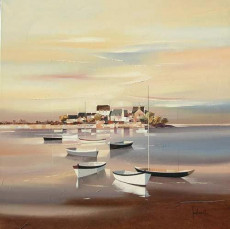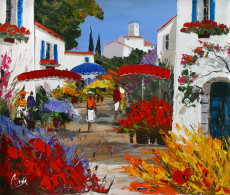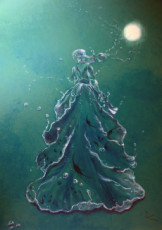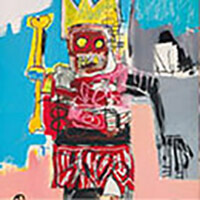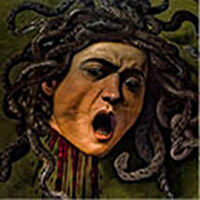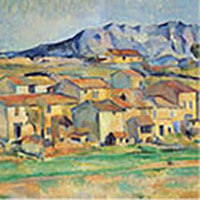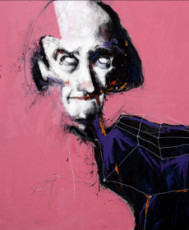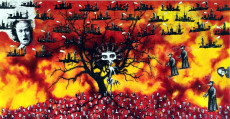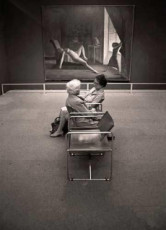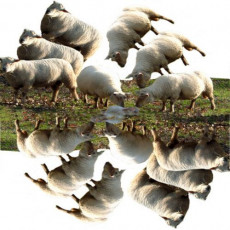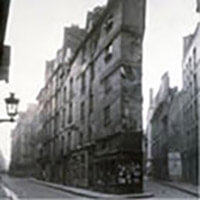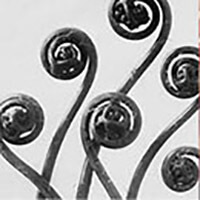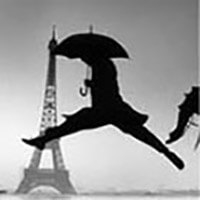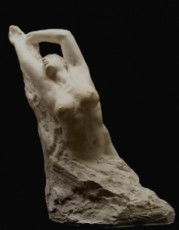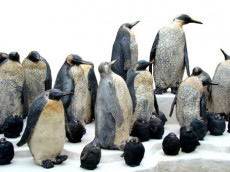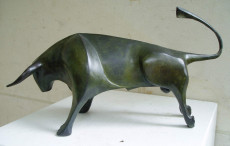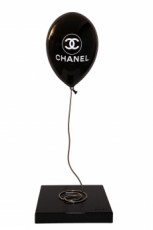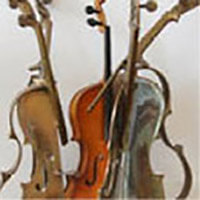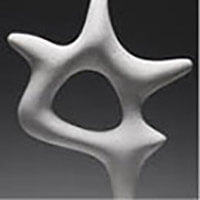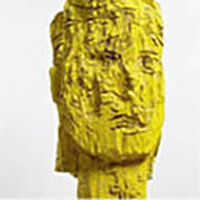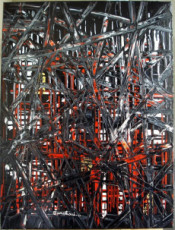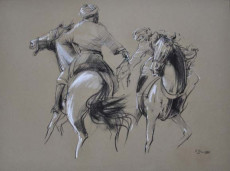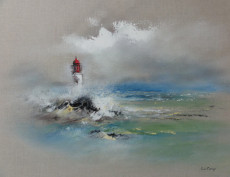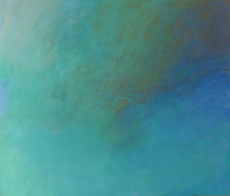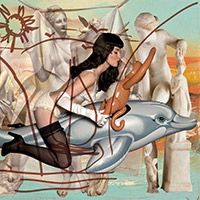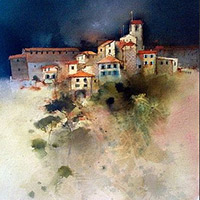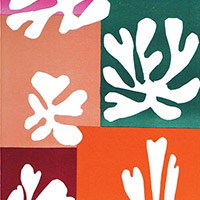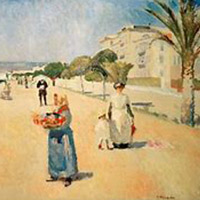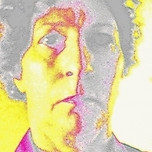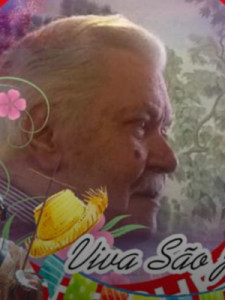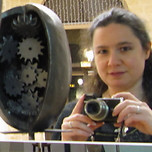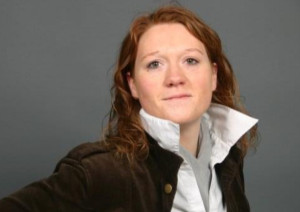
The end of mass museums

Are you interested in what a museum will look like tomorrow?
It will be the infinite museum that Le Corbusier and Kiesler dreamed of.
A museum whose architecture moves almost organically to adapt its volumes in real time to the collections it houses. This is now possible thanks to digital technology, which has been brought to the forefront of the museum world by the health crisis.
Digital, a museum quickly becomes a medium for dissemination and interaction with other museums that are also advanced in their digitisation. Welcome to the age of the virtual museum.
And so much the worse for all those who have never picked up a headset in their lives. The silent, interior walk through the aisles of a museum invented in the 18th century will of course be preserved. I swear to God. But around it, the whole physical and digital ecosystem of the museum will change.
Frédéric Migarou, interviewed by Art Press, is categorical on this point: a new museum model is emerging. And this model owes much to the Internet. The chief curator of the architecture and design collections and deputy director of the Mnam-CCi Centre Pompidou speaks of the museum of the future in the words of a web agency digital project manager.
The challenge is more vast and more urgent than one might think. You have to wait until almost the end of the interview to learn that art fairs are doomed in the short term. This could very well have been the title of the article. Frédéric Migarou believes that the final physical presentation before the sale has become unnecessary. The profile of buyers has changed with the health crisis and in view of the economic crisis. People no longer buy a work but a signature.
The days will soon be over when you could do the crazy thing and buy a work at, say, Art Basel. It cost a fortune but was still just affordable enough to prove to you that the best thing in life is love at first sight.
That's all over. And badly finished.
Before being cultural, the vital objective for today's museums is to develop a new economic model asap. For Frédéric Migarou, there is no salvation without digital technology. The digitisation of 'content' is a necessity. Soon, the representative value of works will be 'more important than their physical value'. You can stop printing flyers inviting people to your openings right now. Or you can resolutely join the resistance! Because it will be increasingly difficult to keep up. By thinking of themselves as interactive and interconnected media, museums are going to set the bar very high.
Museums will become "porous to the circulation of information" and their management will be hyper-personalised. Just like on the net. You will be able to choose your "itineraries" just like on the net. Well, there will be a quest for interaction so that the public does not remain "passive". In the online section of the museum of tomorrow, there are obviously plans for "participatory online exhibition curators".
This is nothing less than saying that the collective intelligence of an amateur public is equivalent to the expertise of a professional curator. Some people prefer to search and search for what they already like. But Frédéric Migarou seems confident in the advent of a "non-touristy but increasingly qualified public". More direct access to the works, wider critical participation, conferences, shows... Everything is planned to celebrate art among the knowledgeable.
Let's imagine that you don't know anything about Picasso when you enter a museum, but when you leave you will know everything you wanted to learn, see, read and hear from a single painting by the master that is physically presented. While we're at it, Les Demoiselles d'Avignon.
Bluffing.
But it is the foam of the wave. The groundswell is much more decisive. Thanks to "curators open to cultural mediation", these future "production and distribution platforms" that will be the museum institutions of tomorrow will "reinvent the notion of exhibition and presentation of works".
In plain English, this means that museums will become TV channels!
From the immediacy of culture to the culture of immediacy.
Illustration: Joan Miro-The Three Blues - Centre Pompidou - 2021





